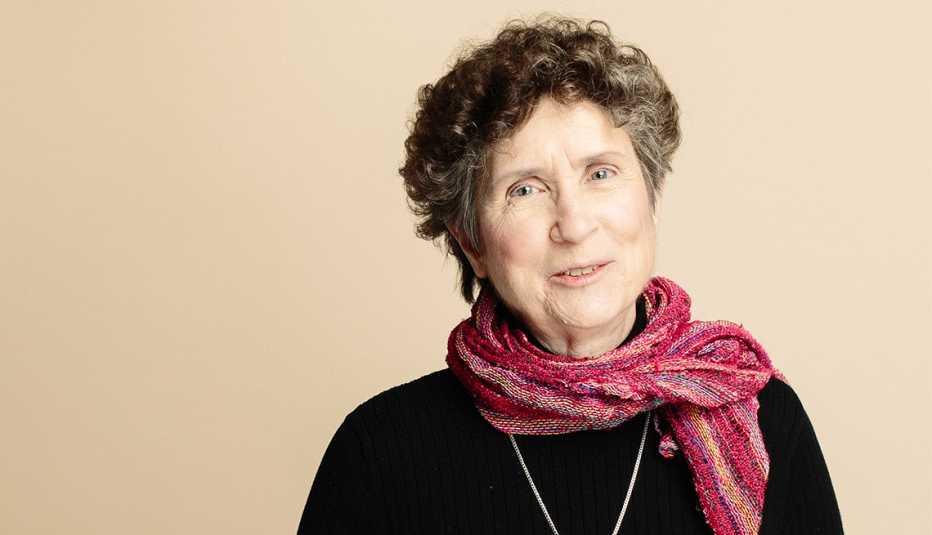Staying Fit


"Women and girls that we work with through Mercy Beyond Borders now believe in themselves and their abilities. They are obtaining the education and skills needed to secure employment and to advocate and improve the lives of other women in South Sudan and Haiti.”
In over 35 years of working with refugees around the world, Sister Marilyn Lacey had never witnessed conditions as devastating as those in South Sudan, the African country that gained independence in 2011 after four decades of civil war.
A Catholic nun and Sister of Mercy, Lacey, 69, from San Francisco, has worked in a number of refugee camps throughout the years and was director of immigrant and refugee programs for Catholic Charities of Santa Clara County, California, where she helped to resettle the boat people of Vietnam; “The Lost Boys of Sudan,” the young boys who were displaced and separated from their families during the Sudanese war; and refugees from dozens of other war-ravaged countries.
In 1992, she traveled to South Sudan for the first time and was appalled to find so many refugees facing hunger on an unimaginable scale, and even more shocked to learn how women and girls in that part of the world are treated. “Girls in South Sudan aren’t typically sent to school. They’re told their purpose in life is to serve their families, and when they reach puberty, their parents arrange for them to marry an older man,” Lacey says. “In return, the groom pays the girl’s family a dowry in the form of cattle.”
A report last year by the international advocacy organization ONE Campaign found that 73 percent of girls ages 6 to 11 in South Sudan are not in school. In addition, Lacey says, when violence breaks out in the country, families can be displaced several times, making it hard for children to regularly attend school. The country also ranks as the world’s second-worst performing in education, with poor facilities, few resources and one teacher for every 80 students.
































































